Complete your selection
Serratia peptidase, or serrapeptase, is a proteolytic enzyme produced by the Serratia bacteria that lives in the intestines of silkworms. Serrapeptase has been used successfully for almost 40 years in Europe and Asia for its benefits in treating pain, inflammation, trauma-induced swelling and excessive mucous secretion, now available to buy in supplement form at SuperSmart.
What are the benefits associated to Serrapeptase?
Because serrapeptase is able to digest dead tissue - indeed, this is how it releases the silkworm from its cocoon - it can be used to restrict arterial obstruction (atheromatous plaques)and facilitate circulation. Hans Neiper, the world-renowned German doctor, and scientist, has reported significant improvements from serrapeptase treatment in the circulation of a number of patients with previously compressed arteries. Serrapeptase can also:
- Act as an anti-inflammatory and analgesic, similar to aspirin, ibuprofen and other non-steroidal anti-inflammatory drugs (NSAIDs).
- Induce fibrinolytic, anti-inflammatory and anti-oedema effects in many tissues; its anti-inflammatory effects are superior to those of other proteolytic enzymes. Serrapeptase works by fragmenting fibrinous aggregates, reducing the viscosity of exudates and by inhibiting the release of inflammatory mediators, thus facilitating drainage of these inflammatory response products thereby promoting the process of tissue repair.
- Help at reducing toxins in the intestine as well as reactions to foreign bodies.
- Boost antibiotic activity and tackle bacterial resistance by inhibiting the formation of their natural protective biofilm.
- It is particularly effective for relieving chronic ear, nose and throat (ENT) inflammation, producing significant reductions in pain severity, quantity and purulence of secretions, difficulty in swallowing, dysphonia and nasal obstruction. Studies have highlighted its beneficial effects in normalising broncho-pulmonary secretions (mucous).
Buy Serrapeptase capsules today to help fight inflammation.
What is in Serrapeptase
Any questions?
Our team of nutrition experts and scientists has the answers.
The capsules of this product are made of pullulan, a natural polysaccharide obtained through the fermentation of tapioca or corn. Pullulan contains no ingredients of animal origin and provides an excellent oxygen barrier, helping to preserve the integrity of the ingredients contained in the capsule. It also offers an excellent eco-friendly alternative to synthetic materials.
november 11 2024
Indispensable en association à un traitement type infection froide,
october 21 2024
Since I use Serrapeptase 60000 UI my bloodflow is perfect. My doctor commented that there is no risque of blood clots anymore, I feel energised and in top form. I am very grateful for the high quality of that product.
june 14 2024
therapeutic function is visible!
march 24 2022
Tout est bon
january 21 2026
Très bonne qualité. Gélules gastro-protégées ce qui permet de profiter au maximum de l'enzyme. Merci Supersmart !
Need help?
You may also like
of experience
your money back
##montant## purchase

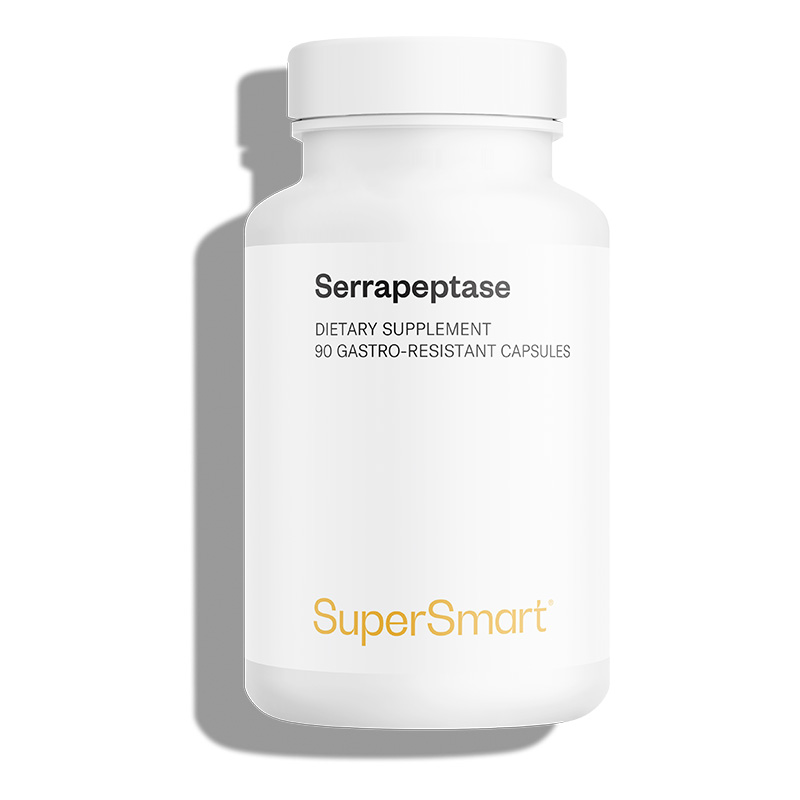
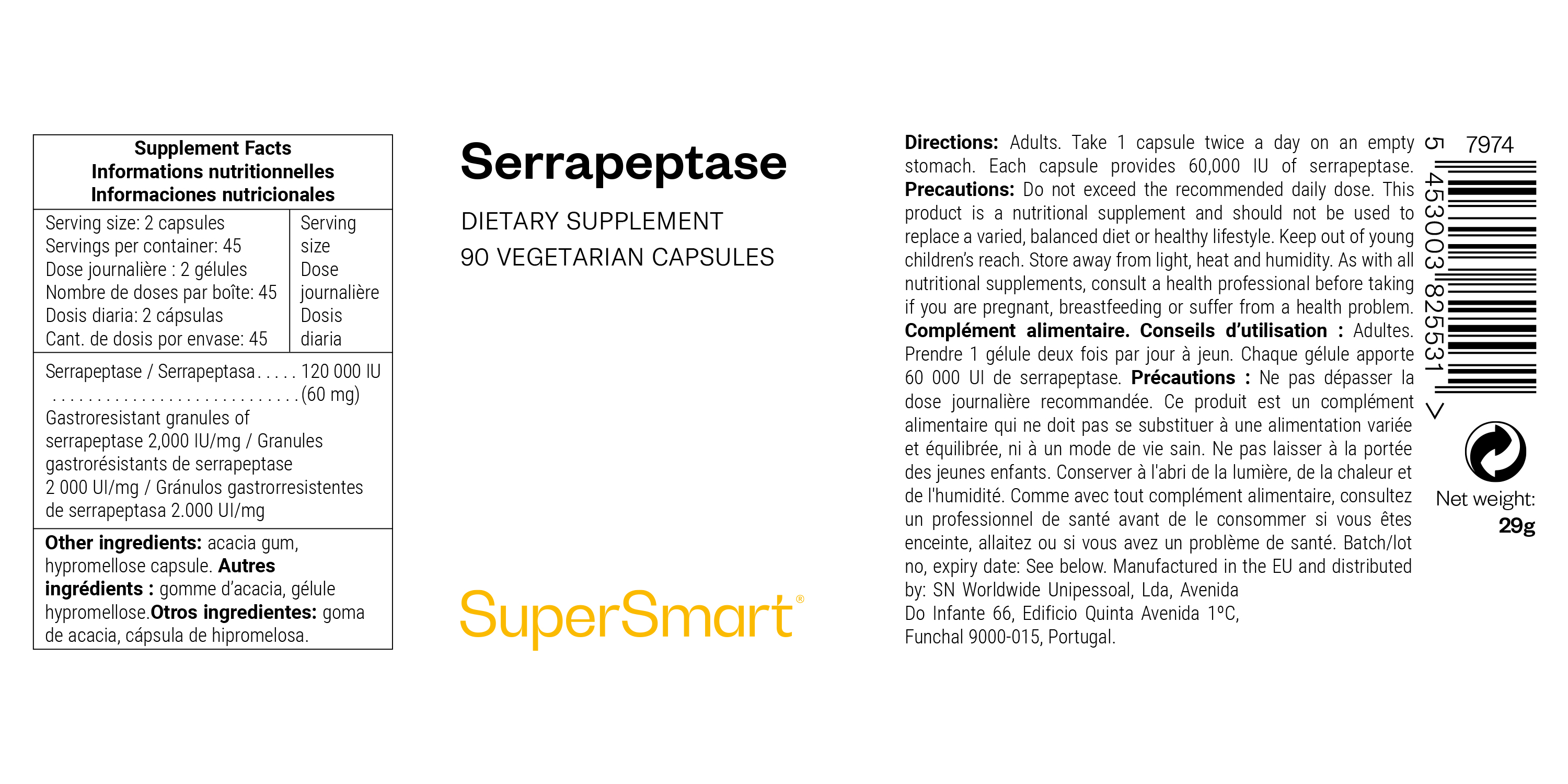
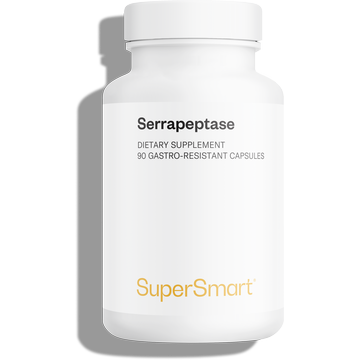
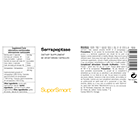
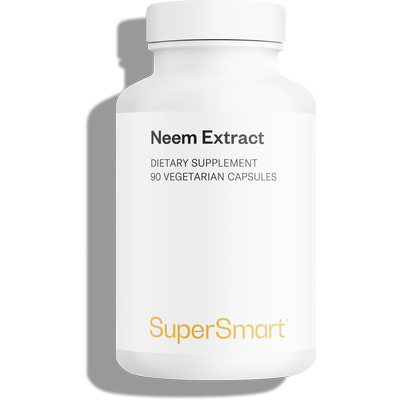
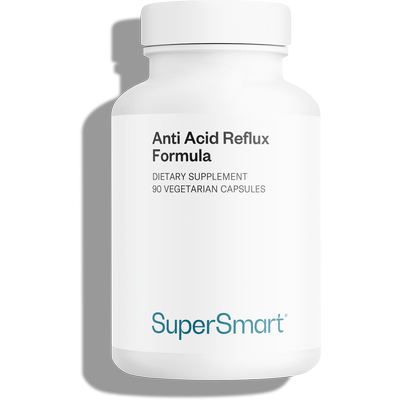
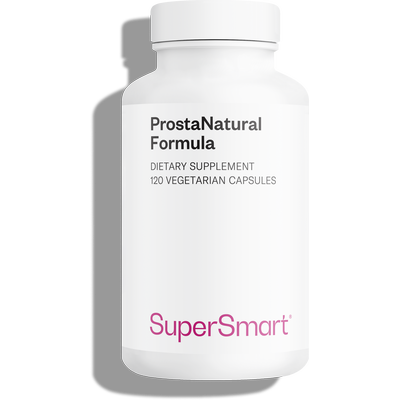
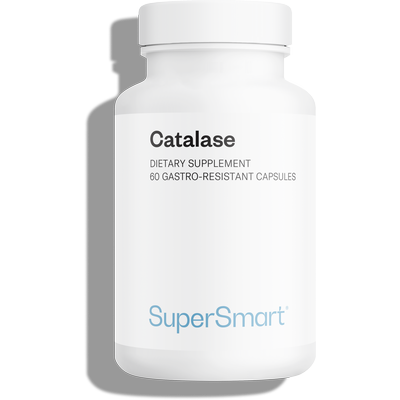
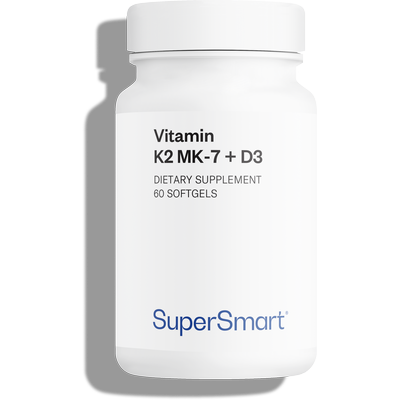
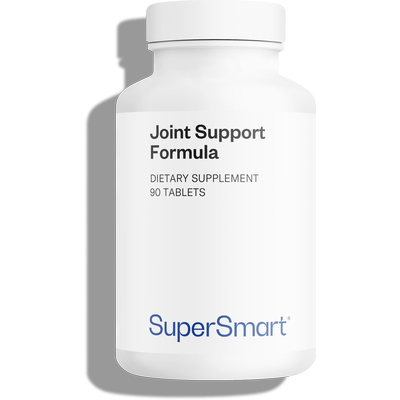
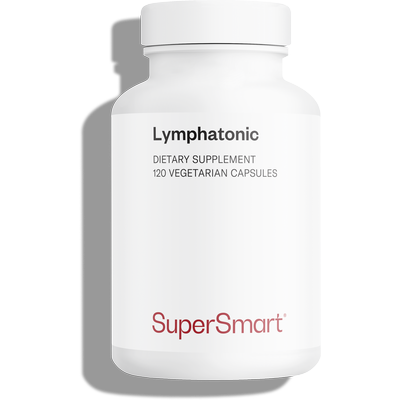
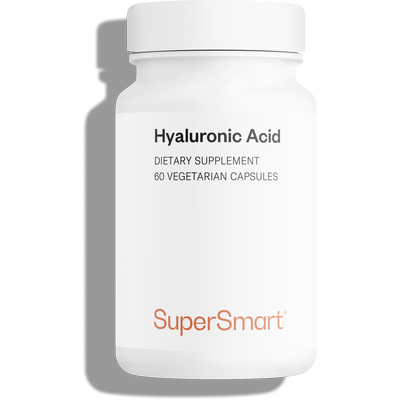

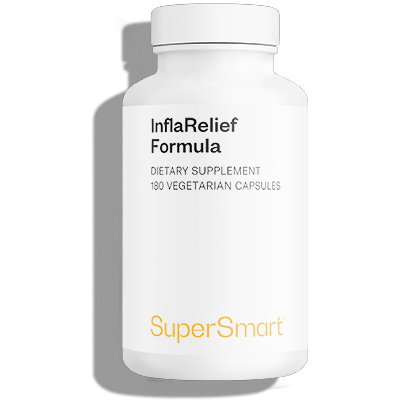
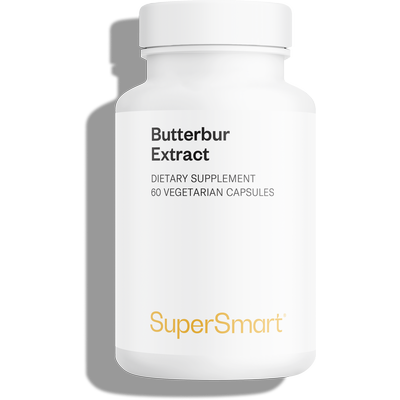
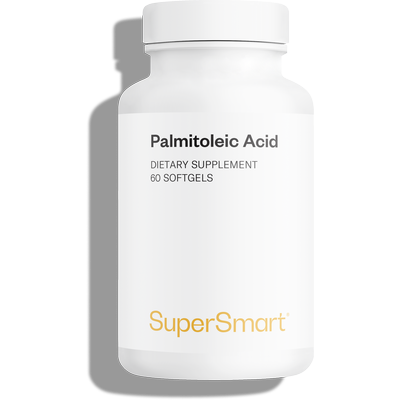




Liebe Maria,
Vielen Dank für Ihre Bewertung und Ihr Vertrauen in unsere Produkte.
Wie Sie richtig sagen, benötigen manche Nahrungsergänzungsmittel eine gewisse Zeit, um ihre volle Wirkung zu entfalten. Wir wünschen Ihnen weiterhin alles Gute bei der Einnahme und stehen Ihnen jederzeit gern für Fragen oder Unterstützung zur Verfügung.
Mit freundlichen GrüÃen
Ihr Supersmart-Team